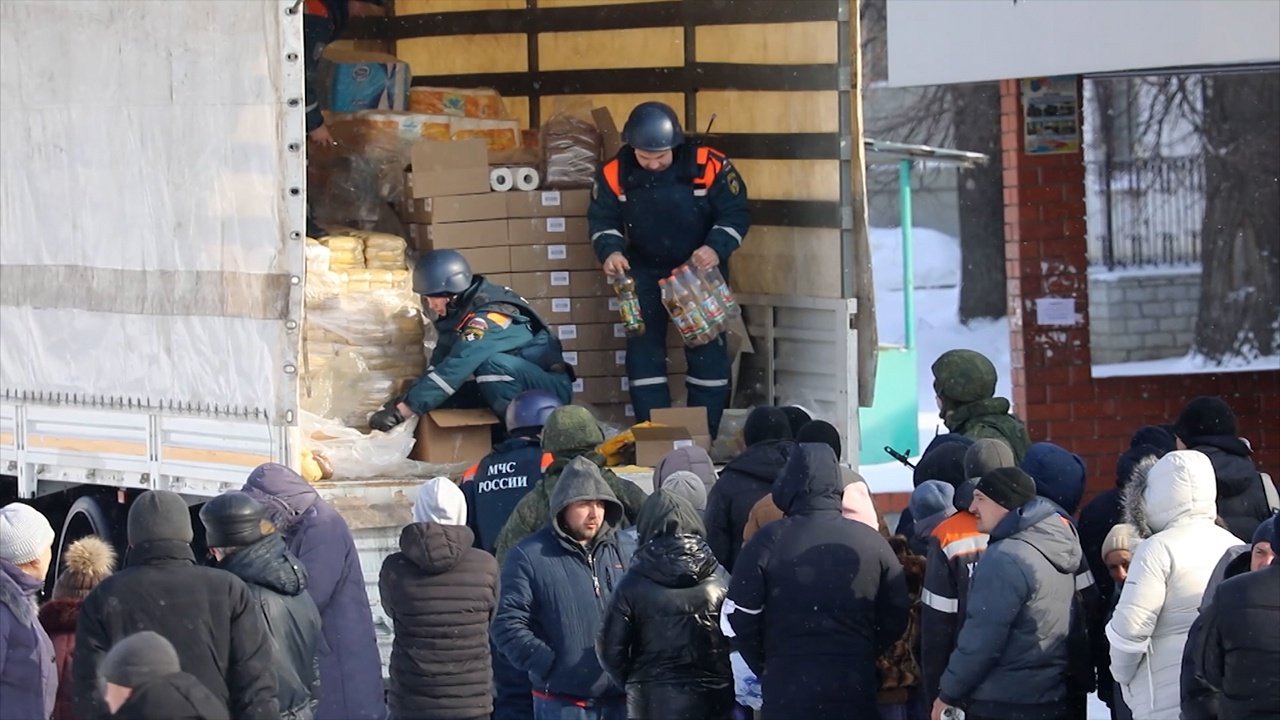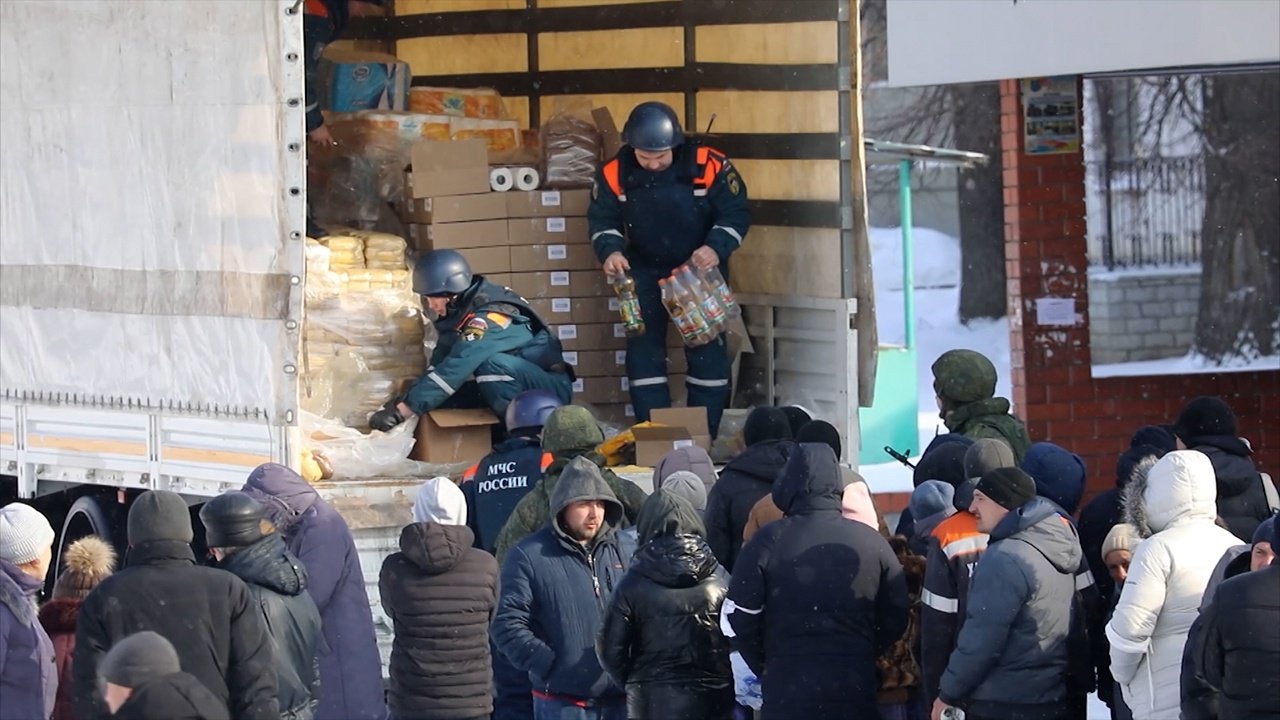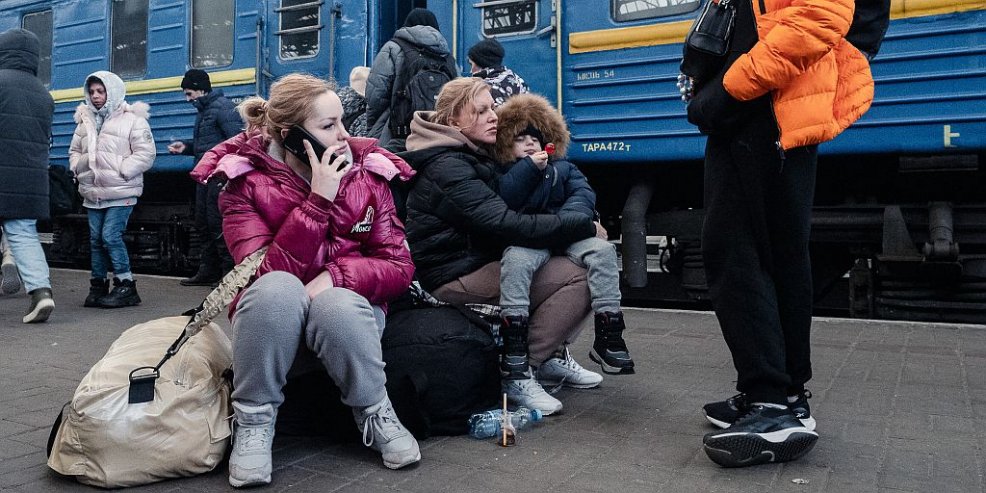Everything Fake is Made in China. From counterfeit sneakers to fake belts to counterfeit smartphones, companies are losing Billions of Dollars. This has become a universal truth now.
It is duty of Customs and Border Police in every country to learn from the seizure of counterfeit products of known brands originating from Chinese and learn the modus operandi and check each and every container with extra care as they are dealing with International Smuggling Gangs.
Those companies that lined up for setting up their manufacturing facilities in China didn’t know they are hitting their own foot by sending manufacturing to China as they themselves will be the losers because for every genuine product, the manufacturers are also producing off the record counterfeit products with similar or inferior materials and using the same trademarks.
Counterfeit Gucci and Salvatore Ferragamo Belts
Recently as per a report, Counterfeit Belts Worth Over $350K Seized by United States Customs and Border Protection (CBP) in Louisville.
Counterfeit products continue to arrive at the Express Consignment Operations mailing facility in Louisville, and U.S. Customs and Border Protection (CBP) officers are ready to seize them. On June 30, officers in Louisville intercepted two packages that contained 648 counterfeit belts.

A shipper in Hong Kong sent two packages to a residence in New York. When the packages arrived, CBP officers noticed the shipment was coming from a known counterfeit shipper. When officers opened the first shipment, six boxes were inside containing a total of 432 Gucci belts. The second package from Hong Kong contained 72 more Gucci belts and 144 Salvatore Ferragamo belts. If these belts were real, the total MSRP for these belts would have been $350,496.
“Consumers need to ensure the items they purchase are legitimate products,” said Thomas Mahn, Port Director, Louisville. “When consumers purchase these items they are funding criminal activites. Our CBP officers continue to seize items that infringe on U.S. intellectual property laws, protecting bussinesses, jobs and consumers.”
Related Article : The Threat Posed By The Chinese Government And The Chinese Communist Party To The Economic And National Security : Christopher Wray, Director FBI
Counterfeit Sneakers or fake Nike and Louis Vuitton footwear
An international counterfeiting ring shipped hundreds of millions of dollars worth of counterfeit sneakers to the United States using an elaborate web of fictitious company names, bogus paperwork, phony email addresses, and burner phones. That’s according to a now-unsealed federal complaint, which says the fake Nike and Louis Vuitton footwear would be worth more than $472 million if it were real.

It was a larger-than-usual bust for US authorities, who have broken up several large sneaker counterfeiting operations in recent months. Last year, the feds busted a New York-based counterfeiting ring they say smuggled 385,280 pairs of imitation Air Jordans into the country, potentially costing Nike more than $70 million in lost revenue. In October, federal agents arrested a Queens man they say shipped more than $5 million worth of fake Timberland and Ugg boots from China into the New York City area. The same month, US Customs and Border Protection (CBP) officers intercepted 14,806 pairs of counterfeit Nike Air Jordans, which would have been worth $2.2 million, had they been genuine.
Worldwide sales of knockoff goods exceeded $520 billion last year, representing 3.3% of all global trade.
“People often make the mistake of believing that purchasing counterfeit items are a victimless crime,” one CBP official said after a recent bust. “However, these items often fund national and transnational criminal organizations, and cost taxpayers billions.”
In this latest case, the counterfeiting crew allegedly used slightly altered versions of actual company names to make their shipping paperwork look legit. Once the cargo cleared US customs, the 40-foot containers didn’t go to the addresses listed on the manifests—which falsely claimed the shipments were made up of everyday household items like ventilation fans—but rather to various self-storage facilities in Brooklyn, Queens, and Long Island, NY, where the boxes of phony sneakers were broken down into smaller quantities to be sold. Investigators eventually linked a total of 129 shipping containers containing bogus shoes to the same organization.
Recommended Article : Bio-Weapon Smuggling by China: US Customs Seizes Half Ton of Salmonella-Laced Kratom, a group of bacteria that can cause gastrointestinal illness and fever called salmonellosis
The network first appeared on law enforcement’s radar in February 2012, when CBP officers in the New York area seized a container loaded with counterfeit sneakers coming in from China. CBP made 16 identical seizures over the next several years—with, of course, unknown numbers slipping into the country undetected.
Finally, in October 2018, investigators picked up a crucial lead.
That’s when an unidentified defendant who pleaded guilty to federal counterfeiting charges began providing information to agents from Homeland Security Investigations (HSI), in hopes of getting a more lenient sentence. This person, who is named in court filings only as “CD,” for “cooperating defendant,” gave HSI a phone number for someone they called Ray. Investigators checked the number against a government database and found it matched one submitted on a 2017 US tourist visa application submitted by a Chinese national named Qingfu Zeng.
On the application, Zeng provided an address in Shenzhen, Guangdong, China and claimed he was the deputy general manager of an investment firm called Shenzhen Andreusen Investment Co. Ltd. However, that no one could not find a company by that name listed in public records.
Setting the trap
At the direction of HSI agents, CD went undercover. Earlier this year, CD met with someone identified in court records only as “Individual-1,” at Individual-1’s store in Flushing, NY. CD gave Individual-1 the number to a burner phone and instructed them to pass it to a contact—Individual-2—in China.
Individual-2 allegedly advised CD on Zeng’s whereabouts, placing him in Argentina. Zeng later called CD with instructions to get a burner phone with a California area code.
The next day, Zeng provided the CD with an email address and password for a company called “tehtungcorp.com.” The domain was similar to a real one, “tehtung.com,” which belongs to Teh Tung Corp., a legitimate paper goods company with operations in China and the US. In fact, agents discovered, “tehtungcorp.com” had been registered the previous month in Beijing.
Zeng told CD that a 40-foot shipping container coming from Nanshan, China, would soon be arriving at the Port of Los Angeles. According to the manifest, the container was filled with 11,019 kilos of paper napkins.
But the feds had been monitoring CD’s communications with Zeng, and intercepted the container when it got to California. Inside, they found two rows of decoy boxes containing generic shoes, apparently intended to survive a busy customs inspector’s cursory glance. The rest of the container was filled with counterfeit Nikes, which a Nike rep confirmed were fakes. HSI agents seized a “small sample” of the shoes as evidence, according to the complaint, and told CBP to send the container on its way so they could track its true destination.
In April, the complaint alleges, Zeng texted CD with a new email address for CD to use: “tom@cysexcelinc.com.” Ray himself used an email at the same domain, under the name “Timothy.” CYS Excel Inc. is an actual California-based decorative glass supplier, whose real domain ends in “cysexcel.com,” not “cysexcelinc.com.” Agents performed an open-source records check, which revealed the lookalike “cysexcelinc” domain had been set up in Beijing just a few days earlier.
The complaint goes on to say that Zeng told CD that a 40-foot shipping container was set to arrive at the Port of Newark, New Jersey on June 1. The shipping manifest said the cargo—listed as 1,134 cartons of glass vases, weighing 8,970 kilos—was sent by a Hong Kong-based company called “Talent Succeed Ltd.” The contact number on the paperwork traced back to one of Zeng’s burner phones, not CYS Excel’s Baldwin Park, CA headquarters.
Recommended Article: China Caught Red-Handed Smuggling 10,800 Assault Weapons Parts Into Louisville By US Customs
When the shipment arrived, agents once again found two rows of generic shoes at the front of the container, the rest filled with fake Nike sneakers. As they did previously, agents seized some of the shoes as evidence and sent the container on its intended destination, a warehouse in Brooklyn.
At the end of July, Zeng sent another 40-foot container from Hong Kong to Newark, also purportedly from Talent Succeed Ltd., and listed his fake CYS Excel email address on the customs paperwork. This time, the shipping manifest claimed the container was loaded with 1,114 boxes of glass vases, weighing 8,794 kilos. When agents opened the container, they discovered it filled with bogus Nikes, as well as fake Louis Vuitton sneakers. After removing a few pieces of the evidence, the agents released the container, which was destined for a warehouse in Long Island City, Queens.
According to details included in court filings, Zeng flew from Seoul, Korea to Las Vegas, Nevada on Dec. 4. US prosecutors filed their criminal complaint under seal on Dec. 6, keeping it secret so Zeng would not find out and flee the country. On Dec. 27, federal agents arrested Zeng as he stepped off a flight at Dulles Airport, just outside Washington, DC.
The case was first filed in Virginia, where Zeng was apprehended, but it is now being transferred to the Eastern District of New York, said Geremy Kamens, the court-appointed lawyer who represented Zeng at his initial hearing.
“Other than that, I don’t have any info,” Kamens said.
The Department of Homeland Security did not immediately respond to a request for comment.
Counterfeiting Not only limited to Shoes or belts – Everything Coming from China is Fake – Need extra checking
As per a report in March 2020, Officers assigned to U.S. Customs and Border Protection (CBP), Area Port of Memphis seized nearly 2,000 counterfeit driver’s licenses and two fake passports at an express consignment facility.
The shipments originated from China and were being shipped to various destinations throughout the United States. Many of the shipments were smuggled in the bottom of boxes containing a single tassle, and were manifested as a Chinese knot.

The IDs were turned over to the Fraudulent Document Analysis Unit, who later determined them to be fake. Homeland Security Investigations (HSI) is continuing to investigate. Fake IDs are often sold on the black market for $250 – $500, often going to high school and college students, but they are also used by illegal aliens looking to gain entry into the United States.
“Some may think fake IDs are mostly associated with underaged drinking, but it’s much more than that,” said Michael Neipert, CBP Area Port of Memphis Director. “Fraudulent IDs can also be associated with identity theft and terrorist activity. With all the uncertainty currently facing our nation, it is inherent that CBP Memphis Officers/Agriculture specialists remain steadfast in securing the nation’s borders.”
Related Article : Chinese Industrial Espionage Cases In The USA: The Modus Operandi
China Floods Markets with Fake Smartphones of brands like LG and ASUS smartphones
As per another report last year i.e. in 2019, U.S. Customs and Border Protection (CBP) officers recently seized a combined 4,449 counterfeit LG and ASUS smartphones in Philadelphia, that, if authentic, would have had a manufacturer’s suggested retail price (MSRP) of $941,450.

CBP officers seized the first shipment of 2,043 counterfeit LG phones on July 26 and seized the second shipment of 1,926 LG and 480 ASUS counterfeit smartphones on August 9. Each shipment, if authentic, would have had an MSRP of $508,707 and $432,743, respectively.
Both shipments transited from China through the Dominican Republic to Philadelphia and were manifested as “cell phones used.” The phones will be destroyed.

During both seizures, CBP officers inspected the shipment and submitted samples to CBP’s Electronics Centers for Excellence and Expertise, the agency’s trade experts, to determine authenticity of trademarks.
Consumer safety and trademark protection is one of Customs and Border Protection’s top trade enforcement priorities.
“In addition to substantial theft suffered by the lawful trademark holders, these counterfeit smartphones may also pose a financial security and health threat to American consumers due to the installation of identity theft software on the phones or the potential for counterfeit batteries to overheat and burn consumers,” said Casey Durst, CBP Director of Field Operations in Baltimore. “Customs and Border Protection officers will continue to work closely with our trade and consumer safety partners to identify and seize imported counterfeit merchandise, especially those products that pose potential harm to American consumers.”
Related Article : Rampant Corporate Frauds by US Listed Chinese Companies Exposed
Points to Ponder
These are just a few examples of how China floods all the markets they enter with Fake and counterfeit products.
Those companies that lined up for setting up their manufacturing facilities in China didn’t know they are hitting their own foot by sending manufacturing to China as they themselves will be the losers because for every genuine product, the manufacturers are also producing off the record counterfeit products with similar or inferior materials and using the same trademarks.
Why did the manufacturers continue to have their manufacturing units in China in spite of knowing that the track record of that country in manufacturing counterfeit products is dismal?
Would it not be safe just to ban all the imports from China?
Twitter Handle: @newscomworld
Instagram Handle: @newscomworld
Parler Handle: @newscommuniquecom
Subscribe our : YouTube Channel https://www.youtube.com/channel/UCnKJQ3gFsRVWpvdjnntQoAA
Like our Facebook Page https://m.facebook.com/News-Communiquecom-103788531007438/
2,556 total views








